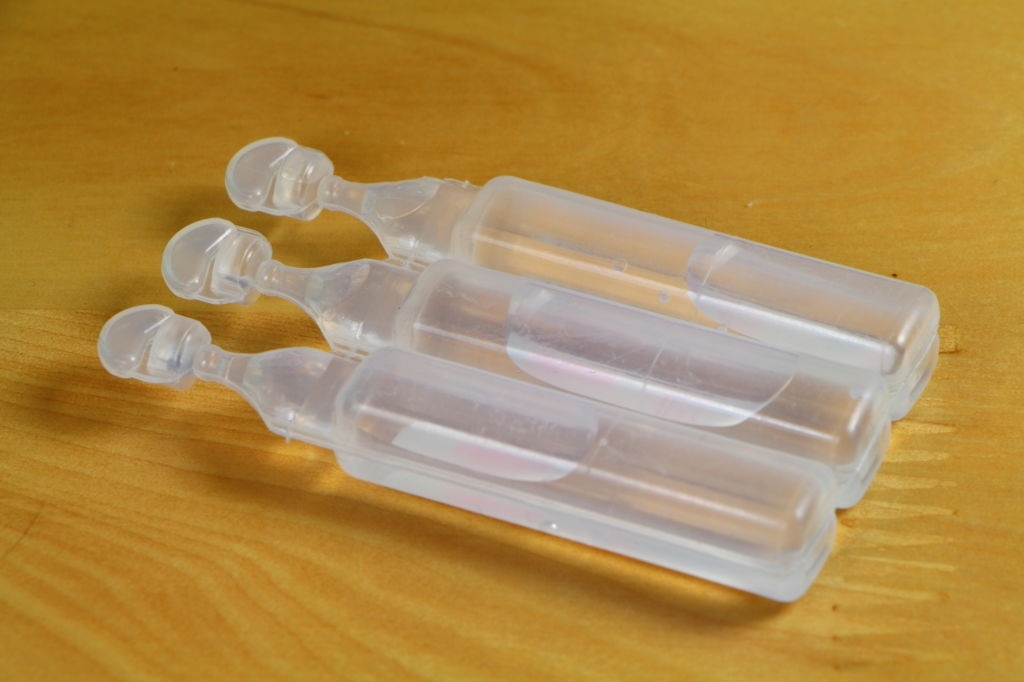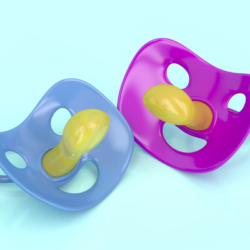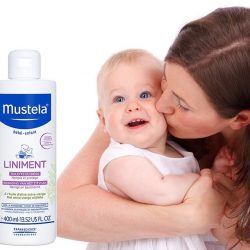How to use physiological serum?
Especially popular with young parents for the care of babies, the physiological solution that is commonly called ” physiological saline ” finds different uses.
While infant nose washing is the most well-known application of physiological saline , it is far from the only one. In fact, it is a multi-use product for hygiene, care, and even as a remedy for a stuffy nose. There are many uses for physiological serum . And that, at any age!
What is physiological serum and what is its composition?
Colorless, odorless and slightly salty liquid, physiological serum consists of sterile distilled water and 0.9% sodium chloride. It is precisely the presence of salt that has earned it the
usual names of “saline serum”, “saline solution” or even “salt water”. Physiological water is said to be isotonic , that is to say that it has the same balance as
blood plasma in its composition. An essential property that allows the cells of the body to tolerate it perfectly.
In which case to use physiological serum?
For the daily nasal hygiene of babies, especially if the nasal passages are blocked.
In the first case, we use soft cotton soaked in saline solution to gently clean the nostrils of the toddler. But for a decongestant action , it is necessary to send a jet of physiological serum. This is done by emptying the contents of a pod into each nostril or by injecting it using a nasal bulb syringe.
The nasal spray to administer the saline solution and thus de-clutter the nose is an alternative.
As a reminder, physiological saline relieves congestion in the nose in two ways. First by softening the nasal mucosa, to facilitate the flow. Then, by creating a
forced irrigation which allows to evacuate and eliminate the accumulated mucus. And more generally, to declutter the respiratory tract.
This is all the more true in the case of allergic rhinitis, the most troublesome symptom of which is the excessive production of mucus.
Physiological serum for the treatment of allergic rhinitis
Some people with allergies develop ENT infections characterized by acute forms of sinusitis . However, it is possible to avoid them and, if necessary, to relieve them by
performing nasal irrigation with physiological water.
Also called “nasal douche” or “nasal wash”, nasal irrigation requires the use of physiological saline and a special container, called a neti pot, which then delivers a
jet of salt water into the nasal cavities through a nostril. , then the other.
Proponents of the technique claim that instillation of this sterile solution causes significant relief from congestion. It may decrease the use of nasal spray and
corticosteroids for the control of allergy-related nasal inflammation. Users report feeling “empowered” to take control of their allergies, and say this
significantly improves their quality of life.
Numerous clinical trials have been conducted, and most agree that nasal irrigation is safe and well tolerated. At worst, they note that the procedure can be cumbersome,
requiring more effort than other options, such as taking medication. At best, nasal irrigation is safe, providing significant improvements for a wide range of allergic symptoms. There is, however, a caveat to this practice, that of not using it in infants.
Some recommendations
Do not use it daily:
Routine use of nasal irrigation is not recommended. This is because it can increase the risk of sinus infection. Unlike occasional use, which is not associated with this risk.
Use only sterile water:
It is crucial to use a sterile solution to prepare the saline solution. A parasitic microbe, Naegleria fowleri , has been linked to several deaths among neti pot users who did not use sterile water. Once introduced into the sinuses, the parasite travels to the brain, causing a fatal infection.
Nasal irrigation should not be attempted with tap water or distilled water. Sterility is essential for safety, and sea salt prevents the uncomfortable burning sensation associated with using non-isotonic solutions.
Besides washing babies, sodium chloride solution is used medicinally and on a daily basis to:
- Disinfection of superficial wounds. It has antiseptic properties
- Rehydration or ionic rebalancing infusions
- Aerosol therapy treatments. In addition to drugs to be administered by inhalation, with an electric nebulizer
- Eye wash, especially for the treatment of conjunctivitis
- Decongesting the nose in children, adolescents and adults
- The filling of certain breast prostheses
- Gentle, non-irritating nipple cleansing for nursing moms
- Post-piercing care
- Fluidify mascara
- Rinsing contact lenses
In short, physiological serum is a product with countless uses, to have absolutely in all medicine cabinets!







